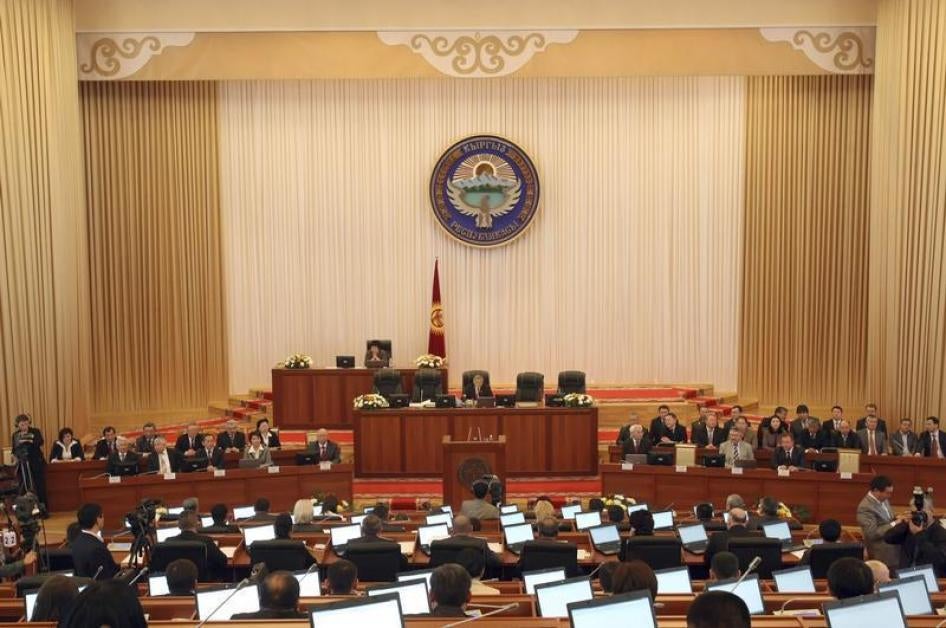“[E]veryone knows mullahs marry [people] at an early age,” the head of a community elders court told me when I was in southern Kyrgyzstan researching domestic violence in 2014. Although child and forced marriage are illegal in Kyrgyzstan, an estimated 12 percent of girls marry before age 18. One percent are married before age 15. These girls are typically wed in religious ceremonies and their marriages remain unregistered.
On Friday, Kyrgyzstan’s President Almazbek Atambayev took an important step in the fight against child marriage by signing a new law introducing criminal sanctions, including imprisonment, for people who conduct or facilitate religious marriages of children under 18.
This is a crucial step, but one that addresses only one aspect of the problem. Abduction for forced marriage – so-called “bride kidnapping” – is an ongoing problem in Kyrgyzstan, putting both girls and adult women at risk. Lax enforcement of laws prohibiting child and forced marriages, combined with attitudes and social norms that perpetuate practices harmful to women and girls, have allowed these marriages to continue. Agencies estimate that close to 12,000 women and girls are abducted for marriage annually. Several of the domestic violence survivors I interviewed in Kyrgyzstan were already adults when they experienced “bride kidnapping.”
These marriages often leave women and girls isolated and vulnerable to domestic violence, while also preventing them from seeking help. When she was kidnapped for marriage at age 19, Bermet said she was literally taken “kicking and screaming” and forced into a marriage that was never registered. Once married, her husband beat her until her face was bruised. When she began to heal, he would tell her, “Your bruises are almost gone. It’s time to beat you again.” Her in-laws watched over her constantly, even accompanying her to the toilet, so she couldn’t tell anyone – including her own family.
Under national law, women in unregistered marriages are not entitled to marital property or other rights afforded a registered spouse, like alimony and child support, making it all the more difficult to escape abusive relationships.
Kyrgyzstan’s government can show it is serious about tackling forced and child marriage by enforcing both the new law and previously-existing laws prohibiting these marriages. It should also work to ensure state registration of all marriages.
Proposed amendments to the domestic violence law are also due to advance in parliament in the coming months. Government officials should make sure the changes help protect domestic violence survivors by supporting essential services, like shelters, that allow women to escape abuse. Without such measures, women like Bermet will continue to fall through the cracks.








